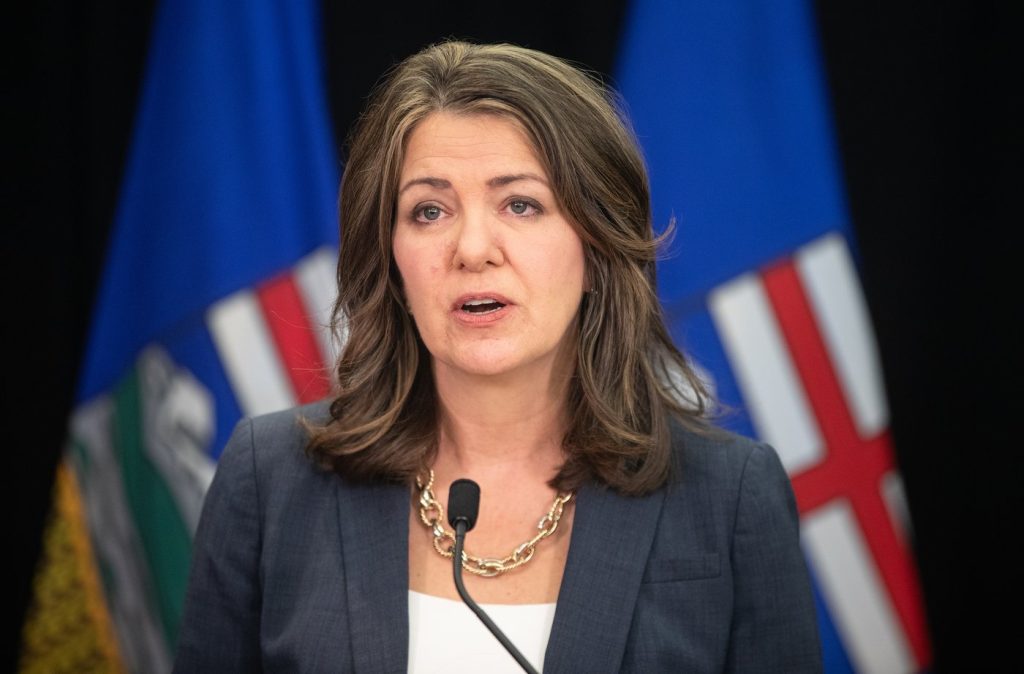Why do people choose to send compromising photos?
Posted Nov 7, 2018 3:17 pm.
This article is more than 5 years old.
VANCOUVER (NEWS 1130) – MP Tony Clement’s sending of sexually explicit images and a video to someone raises the question of why people do this kind of thing in the first place.
Clement has resigned from the federal Conservative caucus, at the request of leader Andrew Scheer, over the scandal.
Sun Ha Hong is an assistant professor of communications at SFU. He says physical objects like phones and computers can make us feel like we have control over our data when, in fact, we don’t.
He says many people think politicians like Clement should know better. “There’s going to be many people looking at [him] and thinking, ‘How could he have done this? How could he have been so stupid or so silly?
“But from the broader perspective of sending compromising or personal information online, sometimes it’s better for us to stop and say, ‘Well, that could happen to me as well’ or ‘that could happen to people I know, as well.’ We all have to help each other get more informed and stay safe,” Hong said.
RELATED: Scheer says Clement no longer a Conservative MP after more allegations arise
He says temptation is another factor. “When we think about something like credit card debt or drinking, we get educated [and] know better. But we’re still tempted every day. We fall into that trap.”
“One of the things with sending sexually explicit images and videos over the Internet is we’re constantly tempted and we’re used to sharing so much of our personal information online with strangers, this kind of thing keeps happening again and again,” he added.
Often, education is aimed at kids which means older generations may not get the information.
“The Internet is increasingly a very big, very complicated place. You might be a very savvy Internet user in certain places. But sometimes, you’re going to be venturing out of your comfort zone, and that’s when you can make these kinds of mistakes,” said Hong.
“We don’t just need more education about technology. It’s also a question of sex education. It’s also education around respect and trust.”
In the end, he says if you don’t want something out there, don’t take the picture in the first place.








